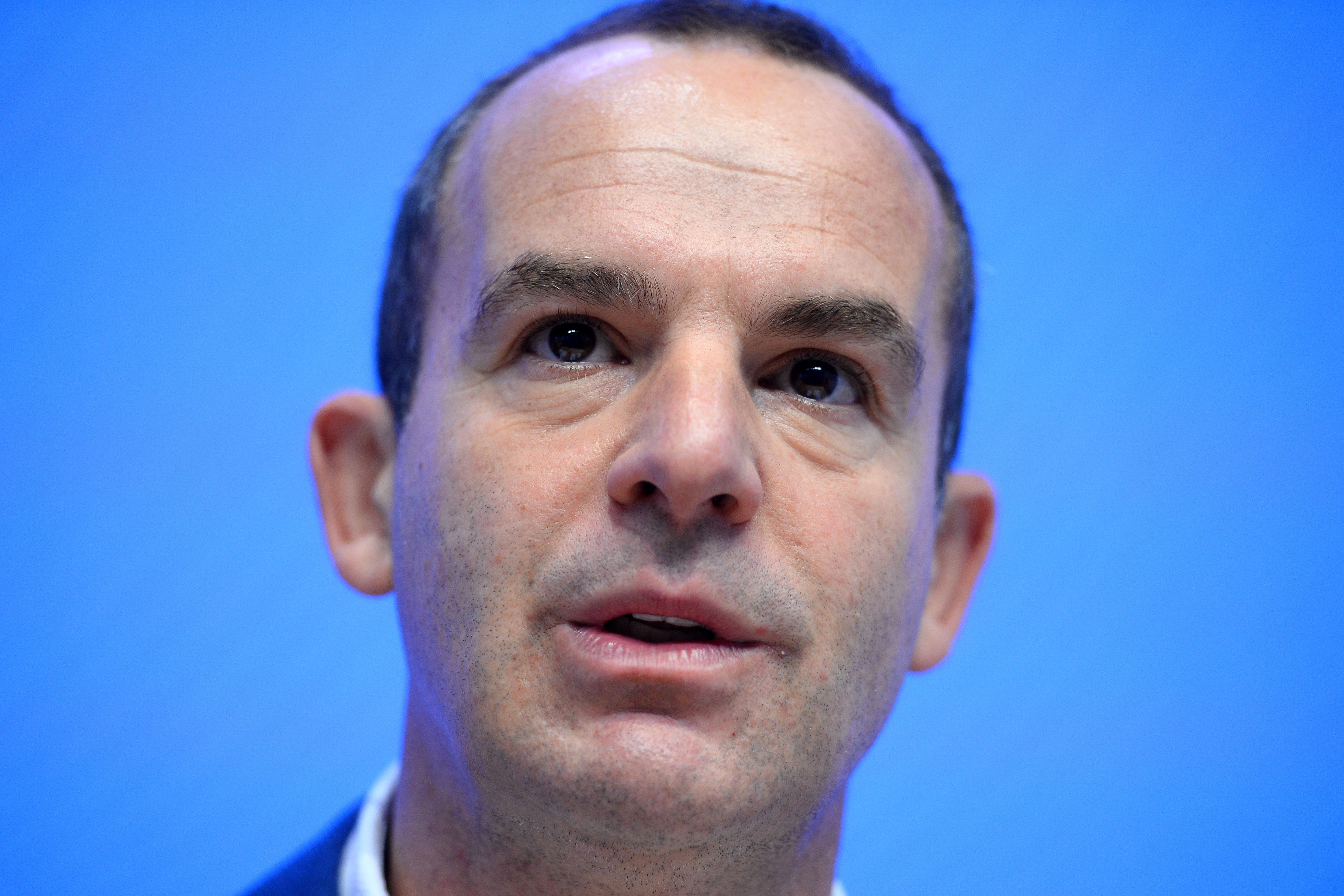Martin Lewis explains how to work out the energy cost of your appliances as bills soar
Money Saving Expert founder gives three steps rules for calculation that could help cut your bills
Your support helps us to tell the story
From reproductive rights to climate change to Big Tech, The Independent is on the ground when the story is developing. Whether it's investigating the financials of Elon Musk's pro-Trump PAC or producing our latest documentary, 'The A Word', which shines a light on the American women fighting for reproductive rights, we know how important it is to parse out the facts from the messaging.
At such a critical moment in US history, we need reporters on the ground. Your donation allows us to keep sending journalists to speak to both sides of the story.
The Independent is trusted by Americans across the entire political spectrum. And unlike many other quality news outlets, we choose not to lock Americans out of our reporting and analysis with paywalls. We believe quality journalism should be available to everyone, paid for by those who can afford it.
Your support makes all the difference.Martin Lewis has shared how to calculate the energy cost of an appliance as bills continue to soar.
It comes as people grow increasingly concerned about the price of gas and electricity as the days turn colder.
In a Twitter post, the founder of MoneySavingExpert (MSE) broke down how to calculate energy cost of an appliance into three steps.
He wrote: “1. Find its wattage. 2. Know 1000W is a Kilowatt (kW0. 3. You pay roughly 34p per kW per hour.
“So 100W (a tenth of a kw) appliance on for two hours is 3.4p an hour x 2= 6.8p).”
Simon Evans, deputy editor of Carbon Brief commented that the advice is not true for “an oven or a fridge or dishwasher because they only operate at max wattage for short periods”.
The MSE founder replied: “I know, but this is a rule of thumb in a simple tweet, which is a good start point. It gives an indication and is most useful when you’re talking about ‘how much will it cost to switch X on’ rather than appliances that are constantly on.”
Mr Lewis’s advice has been a lifeline for many as the demands of the cost of living crisis become more and more difficult to manage.
He has consistently warned the government that they must take action to cushion the public from the worst effects of soaring bills, or else lives could be lost this winter for those who have will have no choice between heating or eating.

Last week, the consumer expert hit out at a “misunderstanding” that the benefits row within the Tory party is just related to unemployed people.
The row over benefits is the latest issue to plague the Tory party debate over supporting struggling families through the cost of living crisis.
Mr Lewis said: “I’m seeing some misunderstanding the benefits debate as if it were workers v unemployed.
“Roughly 40 per cent of those who receive Universal Credit get them as in-work benefits to top up low incomes. Many others too have disabilities or mental health problems making work difficult.”






Join our commenting forum
Join thought-provoking conversations, follow other Independent readers and see their replies
Comments